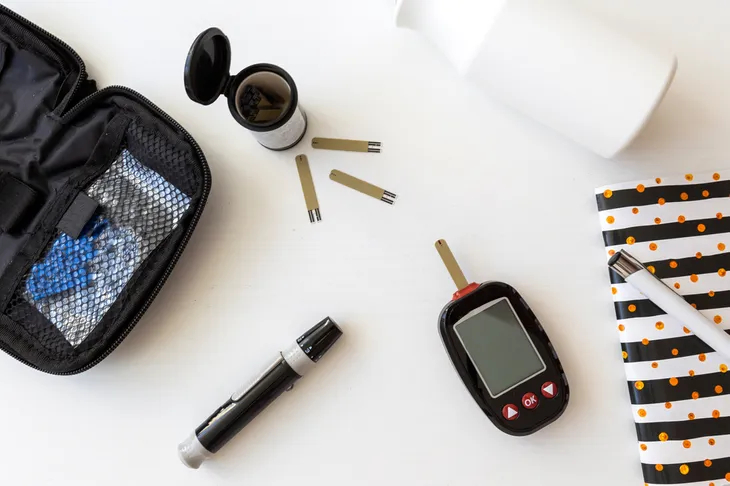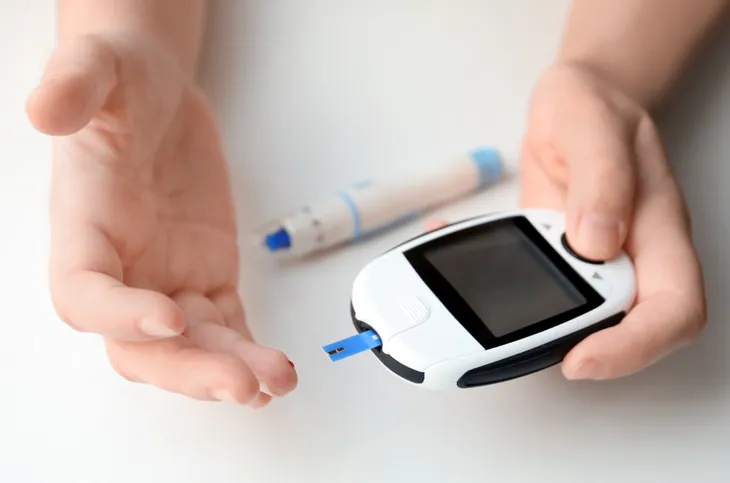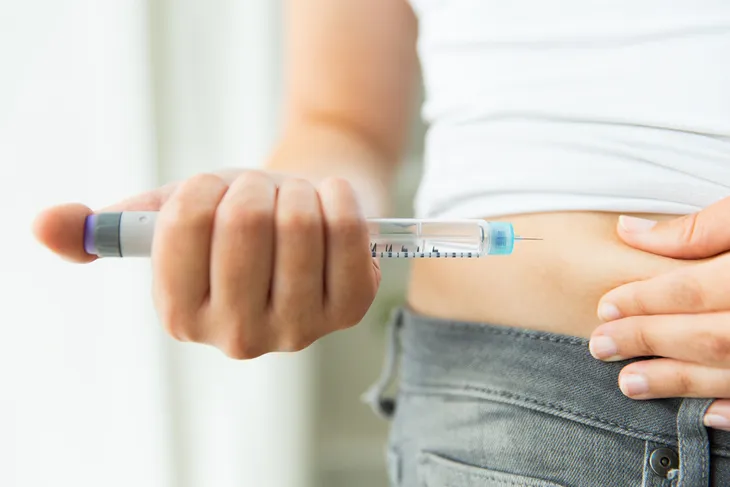Living with type 1 diabetes (T1D) and consuming alcohol can be a tricky mix. Type 1 diabetes puts a wrench in a lot of those everyday freedoms most people take for granted, such as consuming alcohol. It can make something that used to be fun and breezy, feel scary, stressful, and potentially dangerous. The good news is, almost everything enjoyed pre type 1 diabetes diagnosis can also be enjoyed afterwards. It just takes a little more thought.
Being prepared for a night out with friends, a boozy brunch or even just a drink in the park can make all the difference in a successful experience. Having some tips and extra knowledge in your back pocket can seriously help conquer any situation where alcohol and type 1 diabetes may intersect. It’s important to learn how to balance not letting diabetes control your life, but also not neglecting your health.
As someone who was diagnosed with type 1 diabetes at the age of 16 (the height of my rebellious years), I wish I had some real guidance on the effects of alcohol on my body. Unfortunately, I had to learn the hard way and that was not fun!
The being said, I’ve compiled some tips that have helped me feel safe, in control, and confident while consuming alcohol with T1D!
Want diabetes content delivered straight to your inbox? Sign up for our Diabetes newsletter and receive exclusive news and articles written from our team of diabetes experts.
Assess the Situation
Consuming alcohol with a big dinner can be drastically different than consuming alcohol while out dancing with friends. Always take into consideration what you will be doing while drinking, specifically whether food will be involved. Eating a lot of food greatly changes the effects of alcohol on your blood glucose levels. Learn about what kind of alcohol works for you in different scenarios.
For example, if I am eating a lot of carbs with dinner, I’ll opt for a drink with fewer carbs. Try a dry wine or mixed drink with soda water. On the other hand, if I am dancing and drinking, or any other activity where there’s not a lot of food involved, I will always make sure my drink has some carbs in it. A beer or a mixed drink with juice will work well in this scenario. I know that for my body if I drink and exercise (dance) and don’t have carbs I will definitely have a low blood sugar episode.
Keep Snacks and Low Treatments On Hand
This one seems obvious but its importance is cannot be underestimated. Try and keep supplies in your pocket if possible, always keep a gel glucose pack with you if you can’t be beside your purse at all times. Gel glucose packs are great because they’re flat and small and can be stored in a bra or pocket easily and discreetly.
Monitor Blood Glucose Levels
This goes without saying but it’s extra important to make sure you know what your blood sugar is at when drinking. Sometimes being low and being drunk can feel the same especially if you’re nervous/unsure about how drinking makes you feel with diabetes. If you have access, wear a flash glucose monitor or continuous glucose monitor to help keep on top of blood sugar levels.
Keep it Simple
If you can, stick to one or two forms of alcohol in a night. Mixing wine, beer, hard liquor, cider can be a recipe for disaster. Also, track how many drinks you’re consuming and what kind they are. This will help build knowledge and experience for the next time.
Be Mindful of How Much Medication You Administer
Alcohol can make the hormone that regulates glucose in the blood act in weird ways. I like to stay air on the side of caution and personally feel more comfortable slightly under bolus then trying to get everything perfect. I’d rather be slightly above my regular margins and feel safe and in control then perfect and scared that I might have a low! It’s very important to make sure you feel mentally in control.
Clearly, there are so many things to consider when consuming alcohol while living with diabetes. It may take some extra work at first and feel like a big effort, but if the proper assessment, tracking, and reflection is done the first few times, all the time after that will feel much more comfortable and your body will thank you. The thing about type 1 diabetes is that the small things can feel like a bother sometimes, but that extra bit of effort and preparation can make the moment all the sweeter!








